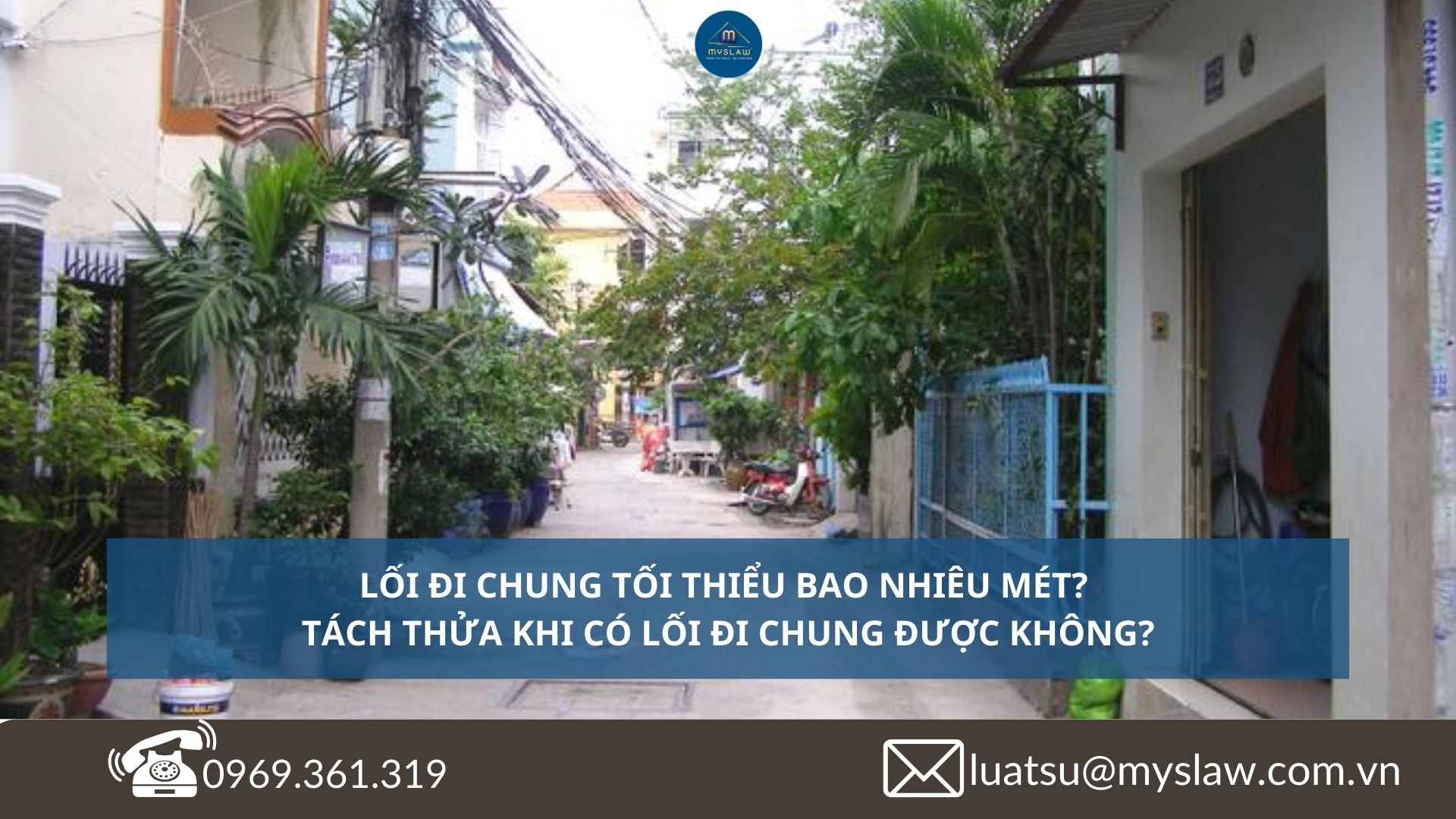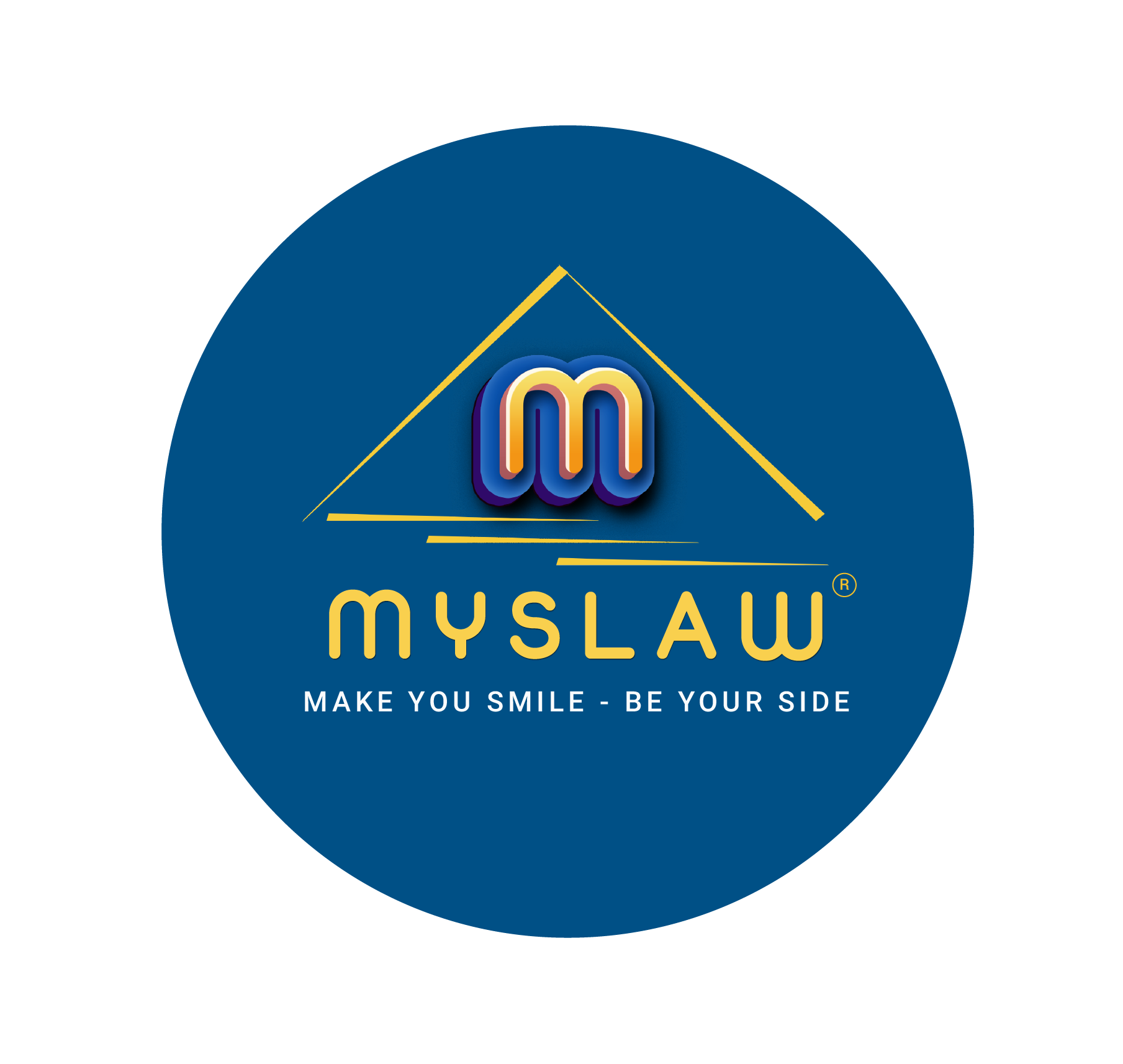With the enactment of Government Decree 151 in 2024, Vietnam has provided a legal framework for foreign tourists wishing to drive their own vehicles in the country. While this is permitted, visitors must comply with specific conditions regarding licensing, registration, and travel restrictions.

Entry Requirements for Foreign Vehicles
Foreign tourists planning to bring their vehicles into Vietnam must obtain prior approval. This requires applying for a written permit through a Vietnamese international tour operator authorized to organize self-drive tours. Additionally, foreign-plated vehicles must travel in a convoy led by a guide vehicle bearing a Vietnamese plate, which can either be a car or a motorcycle, depending on the type of vehicle in the convoy. The movement of the convoy is restricted to specific routes as outlined in the permit issued by the relevant Vietnamese authorities.
In terms of permitted vehicle types, Decree 151 allows foreign-plated passenger cars with up to eight seats (excluding the driver’s), motorhomes, and two-wheeled motorcycles to enter and operate within Vietnam. Both left-hand drive and right-hand drive vehicles are included in this provision.
Procedures for Entry and Temporary Vehicle Use
To drive in Vietnam, both the foreign tourist and their vehicle must undergo entry and customs procedures. Visitors must comply with regulations governing the entry, exit, transit, and residence of foreigners in Vietnam. The vehicle, in turn, must go through customs clearance, temporary importation, and re-export procedures in accordance with Vietnamese customs law.
To enter the country, a foreign visitor must hold a valid passport and visa or an internationally recognized travel document that permits residence in Vietnam, unless eligible for visa exemption. Those entering under unilateral visa exemption must ensure their passports remain valid for at least six months. Travelers using an e-visa must enter the country via one of the international border gates designated by the Vietnamese Government.
Foreign drivers must also possess a valid driving license suitable for the type of vehicle they intend to operate in Vietnam. This license must be recognized by Vietnamese authorities, often requiring an accompanying international driving permit.
For the vehicle itself, the following documents are necessary:
- A valid vehicle registration certificate and license plate issued by the country of origin;
- A certificate of technical safety and environmental protection inspection (for cars) or an equivalent document issued by the country of registration;
- A certificate of civil liability insurance that is valid in Vietnam.
Duration of Stay and Extension in Exceptional Cases
Once all required procedures are completed, foreign visitors may drive their vehicles in Vietnam. However, they must ensure that both they and their vehicle leave the country before their visa or visa exemption period expires.
In cases where an unforeseen incident prevents a visitor from leaving or taking their vehicle out of the country despite having taken all possible measures, an extension of up to 10 additional days may be granted. The responsibility to notify Vietnamese authorities of such an incident falls on the tour operator or another relevant organization, which must contact the local public security agency for coordinated resolution.
Documents Required While Driving in Vietnam
Foreign visitors driving their own vehicles in Vietnam must comply with national traffic regulations and be prepared to present the following documents upon request by competent authorities:
- Passport or international travel document along with a valid residence permit for Vietnam;
- Driver’s license accompanied by an international driving permit;
- Certificate of technical safety and environmental protection inspection (for cars);
- Vehicle registration certificate;
- Certificate of civil liability insurance valid in Vietnam;
- Customs declaration form for the temporary import and re-export of the vehicle.
With these requirements in place, Vietnam aims to balance facilitating international self-drive tourism with maintaining road safety and regulatory oversight. Foreign visitors intending to drive in the country should carefully adhere to these conditions to ensure a smooth and compliant travel experience.
The above information is provided by Mys Law. For any questions regarding the content of this article, please contact 0969.361.319 or email: [email protected] for further clarification. Best regards!
Compiler: Nguyen Anh Quan





